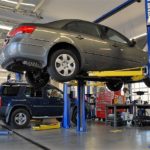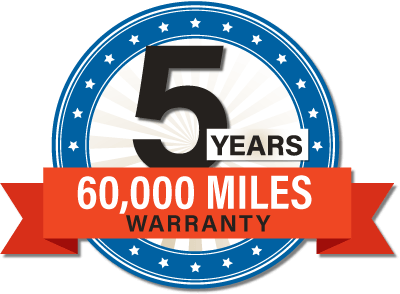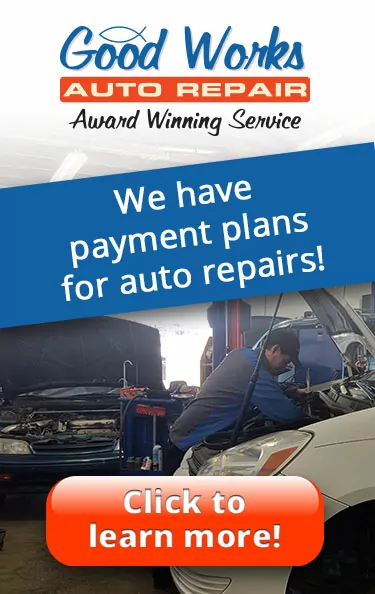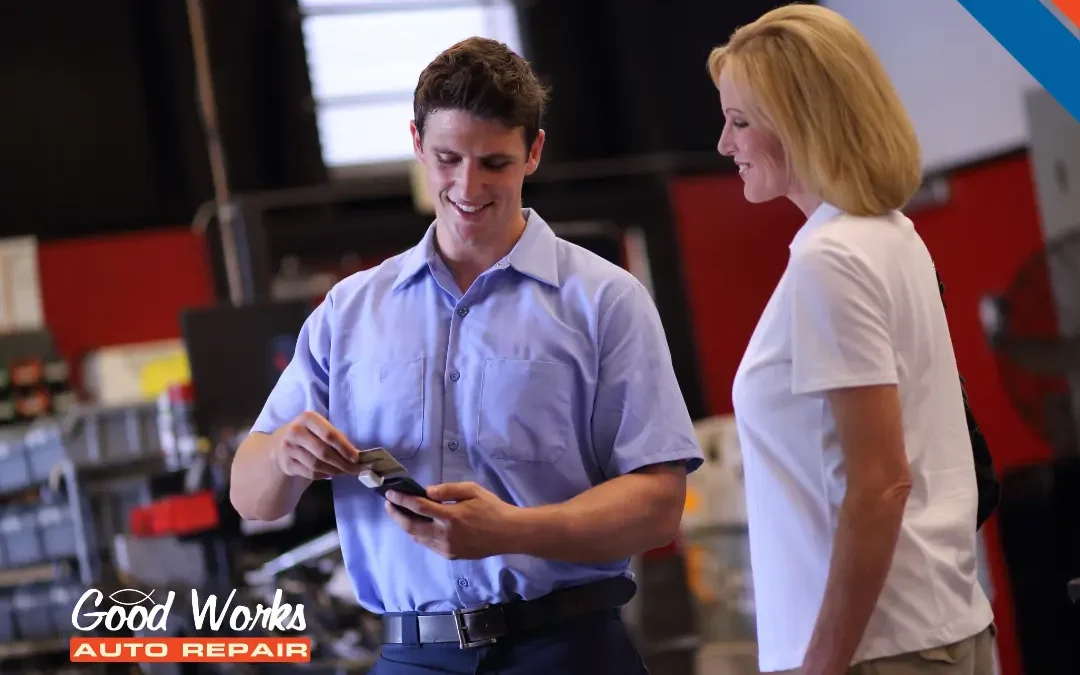
Many drivers ignore recalls, don’t know what to do when they receive a recall notice or become worried or angry and don’t know where to turn. A recent article in Your Mechanic by Jason Unrau explains what a recall is and what you should do if you receive one.
According to his article, a recall happens quite often these days. Every driver should be on the lookout for recall notices and taking them seriously when they arrive. Chances are that at some point in your lifetime, you will receive a vehicle recall notice. In fact, in 2015, more than 52 million recalls were issued in the United States, and that number is expected to climb in subsequent years. Recalls mean time and an interruption to your daily schedule, especially because dealerships can be extremely busy. We have seen some of our customers who have had to wait weeks and even months for their recall to be completed.
So, what exactly is a recall and how do manufacturers determine there is a need for one? Well, a recall is a vehicle manufacturer’s resolution to a deficiency they’ve discovered in your vehicle. If a problem or negative trend is discovered that may be safety related, a recall is issued and the vehicle manufacturer must notify the National Highway Traffic Safety Association NHTSA of the recall. Once the NHTSA has been notified of the recall, the manufacturer has 60 days to notify car owners of the recall. Now some recalls only require a minor auto repair service but others are widespread and very significant like the Takata airbag recall for example.
Whether you have experiences with recalls or you’ve never had to deal with this situation before, being aware and vigilant about your vehicle will help. When you receive a vehicle recall, there are a few important steps that you should do:
- Confirm your vehicle is part of the recall by looking at the VIN
- Determine if your recall service is free. Vehicles over 8 years old are not under the free recall service.
- Decide if you need to visit the dealership or if your repair can be performed at an auto repair shop.
- For service on a newer vehicle, contact your dealership service department to schedule an appointment as soon as possible. Having the recall done will help ensure your vehicle safety on the road.
As your local auto repair shop, we want to help you make informed decisions. While most recalls must be done at the dealership, that doesn’t mean we can’t help you determine what your vehicles needs or to help with other auto repair services. Our goal is simple – keep you safe and your car healthy. Give us a call today and let’s see what we can do for you.





